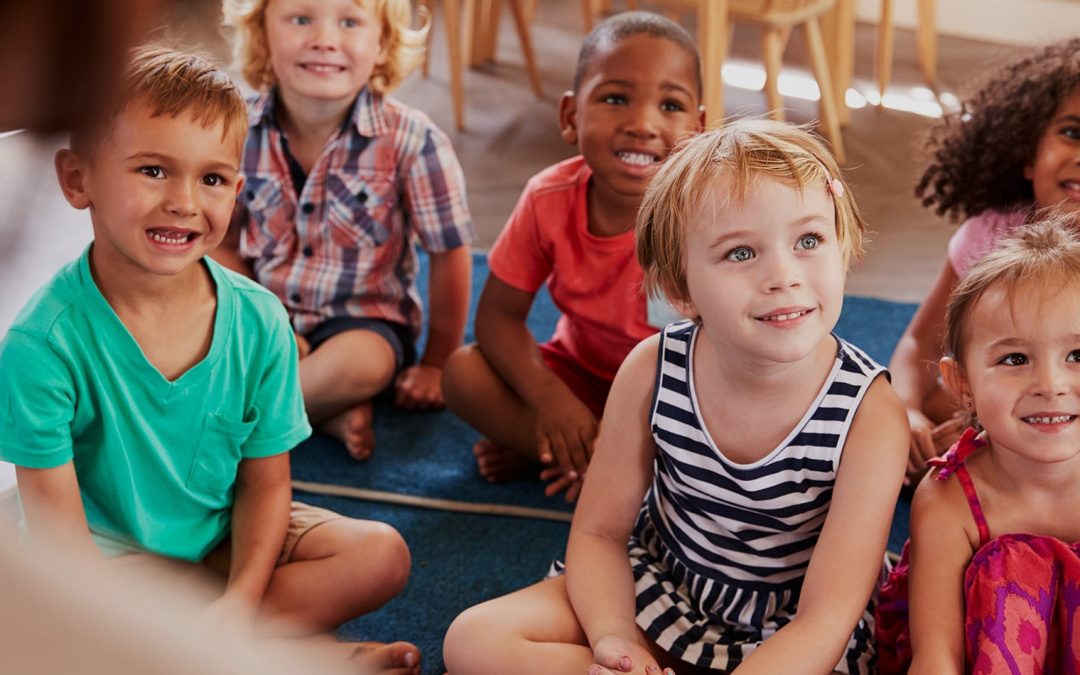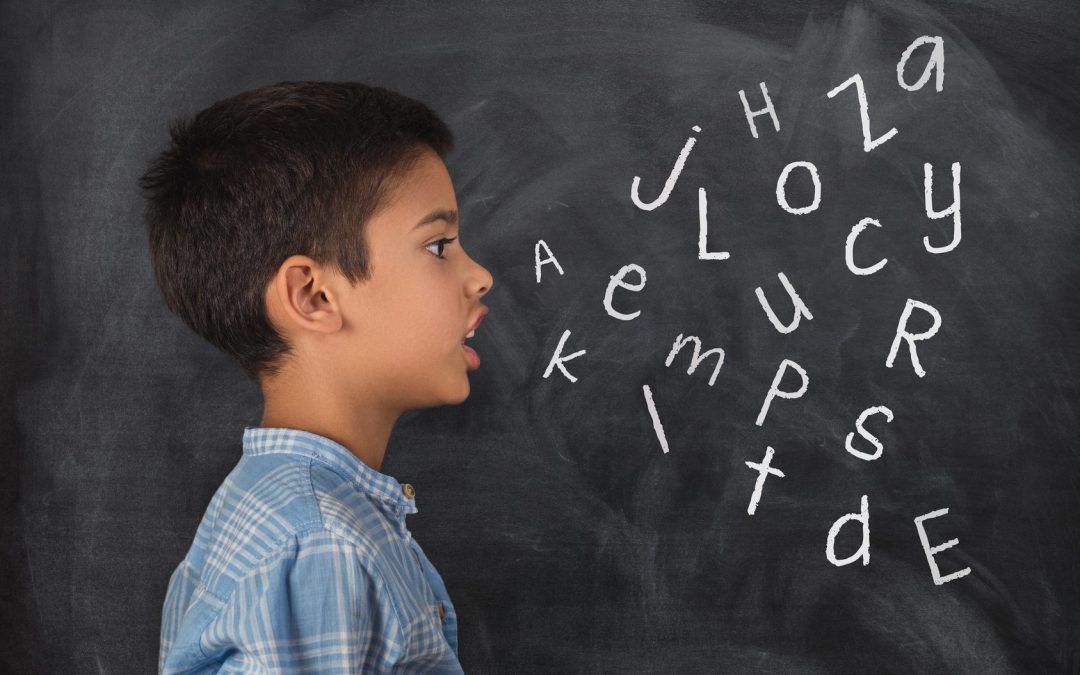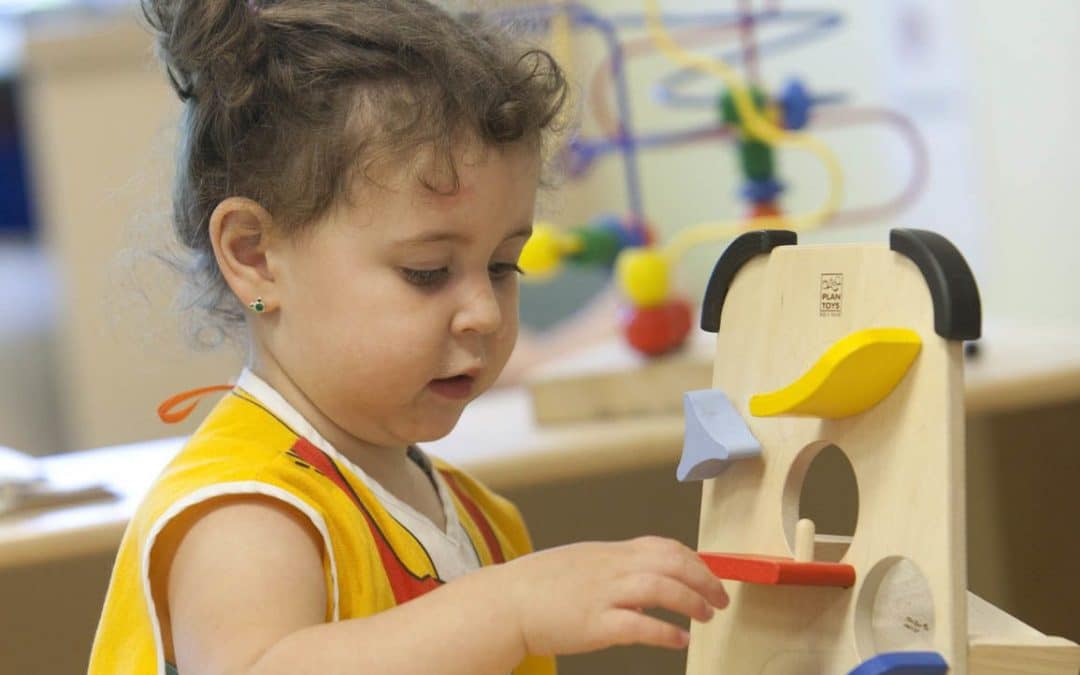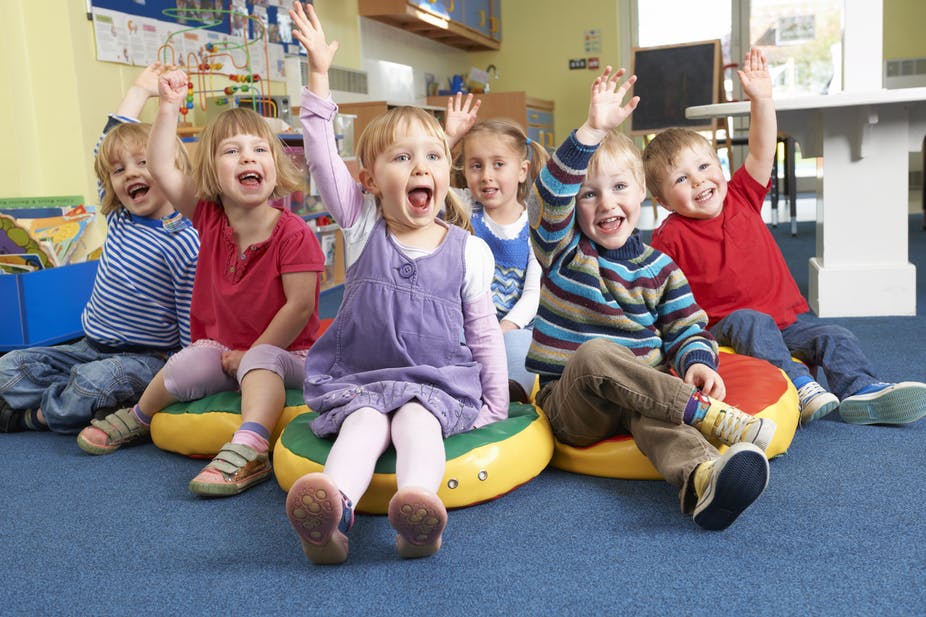Social Skills Development in Early Childhood
Social skills development is a foundational part of a child’s growth. Humans are naturally social beings, and from an early age, children begin learning how to interact with others through both verbal and non-verbal communication—gestures, facial expressions, tone of voice, and body language all play a role.
By helping children develop strong social skills, we give them tools they’ll use for life: making friends, expressing emotions, resolving conflict, and cooperating with others.
Why Social Skills Matter
Social skills have a significant impact on a child’s emotional well-being, behavior, and even long-term health. Research has linked strong social abilities with positive outcomes, including:
-
Better emotional regulation
-
Healthier relationships
-
Academic success
-
Lower risk of health issues such as cardiovascular disease, obesity, and diabetes
Conversely, difficulty with social skills development can affect a child’s ability to:
-
Make and maintain friendships
-
Understand social cues
-
Cope with failure or rejection
-
Navigate group settings or unfamiliar environments
The Role of Parents in Social Skills Development
The journey of social learning begins at home. Long before children step into a classroom, they learn social behavior by observing their parents and caregivers. Everyday interactions—how we speak to others, resolve problems, show empathy—serve as models for children.
Parents can nurture social growth by helping children:
-
Express emotions appropriately
-
Communicate their needs clearly
-
Listen attentively
-
Respect personal space and boundaries
-
Show kindness and empathy
These early lessons become the foundation on which teachers and peers continue to build.
How Teachers Support Social Growth in the Classroom
Once children enter a preschool or classroom setting, social development becomes a more structured part of learning. At Little Harvard Preschool, we support social skills development through:
-
Play-based learning
-
Group activities and games
-
Role-playing, storytelling, and songs
-
Positive reinforcement and classroom routines
We recognize that each child is unique—some may be naturally outgoing, while others need gentle encouragement. A safe, supportive environment where children feel valued and heard is essential. When children trust their caregivers—both parents and teachers—they’re more likely to express themselves and seek help when needed.
Teaching Social Skills in Three Key Stages
Helping children build social competence involves:
-
Identifying social skill needs – What specific areas does the child need support with?
-
Teaching those skills – Through modeling, direct teaching, and consistent practice.
-
Reinforcing and supporting growth – Using tools like stories, visual cues, reminders, and praise.
Every child’s path will look different depending on age, personality, and circumstances. That’s why it’s important to understand age-appropriate milestones and tailor support accordingly.
Social Skills Red Flags: What to Watch For
Children who struggle with social interaction may show signs such as:
-
Limited or fleeting eye contact
-
Difficulty taking turns in conversation
-
Unusual body language (standing too close or too far)
-
Not using polite greetings or basic courtesies
-
Frequently interrupting others
-
Talking at others rather than with them
-
Inability to maintain a conversation or stay on topic
-
Repeating personal interests without reciprocating interest
-
Difficulty understanding jokes, sarcasm, or figurative language
-
Taking statements too literally
-
Talking in an unusual tone or rhythm
-
Failing to read facial expressions or vocal tones
-
Not asking for clarification when confused
-
Oversharing personal information with strangers
-
Difficulty adjusting language or behavior for different situations
-
Limited empathy or imagination
-
Struggles with handling teasing, failure, or disappointment
-
Seeming unaware of the feelings or reactions of others
-
Failing to understand the consequences of their actions
If your child displays several of these behaviors consistently, it may be helpful to speak with a teacher or pediatric specialist for further evaluation and support.
Supporting Your Child’s Social Development
Social skills, like any other developmental milestone, take time and practice. By creating nurturing environments at home and school, and offering children the tools and guidance they need, we can empower them to grow into confident, empathetic communicators.









